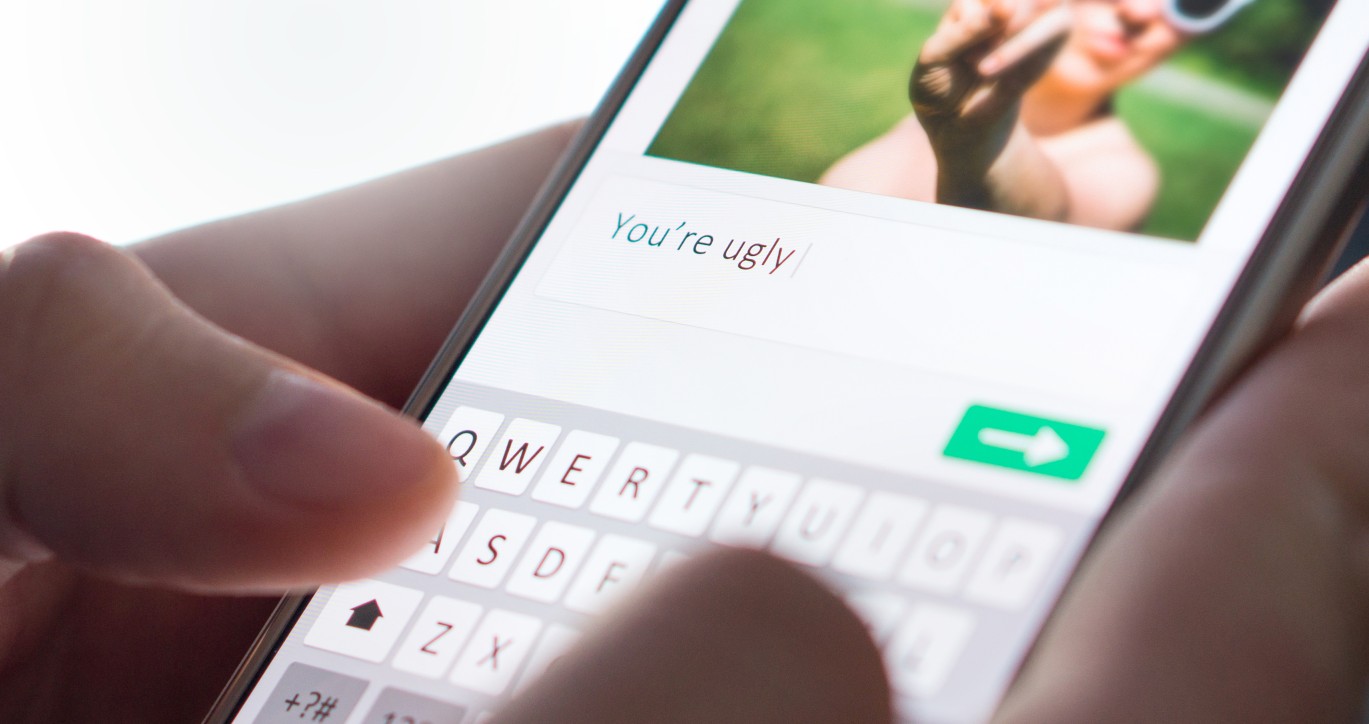A
A
A
It seems simple to tell teens to unfollow social media accounts that don’t make them feel good about themselves. The problem is that social media consumes so much of their life that they get sucked into this negative world at times.
Social media doesn’t allow users to sign up until they’re 13 years old. Facebook is trying to launch a kid-friendly version of the app in hopes young children can enjoy social media as well. Many people aren’t happy with this plan worrying Facebook is only creating more problems.
Read More »
The truth is that many young children already log on to social media somehow without their parents’ permission. They often blindly follow random accounts. They aren’t thinking at the time that it could harm them mentally. The idea of unfollowing accounts is foreign to many kids.
The pandemic boosted many kids’ feelings about connecting with friends online. They scrolled without thinking. They started to compare themselves in their isolation. The problem with this scrolling is that the images on social media don’t always reflect reality. Many times the images are edited leaving some people questioning their own reality and their own looks.
According to the National Alliance on Mental Illness 17% of kids between the ages of six and 17 have a mental health disorder. Depression is one of these. This is one of the leading causes of disability and illness amount children. Suicide is an issue as it’s the third leading cause of death in teenagers. The biggest issue is that some of these mental problems and suicide can stem from what people see online. The old saying is that “comparison is the thief of joy.” This often rings true in the social media world.
Psychiatrist Dr. Nina Vasan explains that social media isn’t about how much time you’re spending on it, but how you’re using it. She says there are opportunities to connect and talk openly with people about big issues. Her view seems like the view of many others. You can use social media in a positive light. It’s your choice.
As the Chief medical officer of Real, Vasan is working with colleagues to provide mental health services on a digital platform. Real hopes to set boundaries and help adolescents follow social media accounts that are positive and informative. It’s important that these young people don’t spend too much time on one platform. She went on to say that these kids must find social media accounts that make them feel good about themselves. If they aren’t adding joy to their life, it’s important to unfollow the account.
The filtered highlight reels on social media are often hard to unfollow for many kids. They often want what they don’t have. The truth is that research proves money doesn’t buy happiness. Wealth and looks don’t make a life without issues a guarantee. A person needs their real need of love met before they can be happy in their lives.
The most important thing to remember is that you have control of what you see online. Unfollowing sites that don’t help you better yourself will lead you a boost in happiness. The internet is full of positive and negative things. Kids can easily step away from social media for a few days to see if they feel better. They can follow sites that help them feel good. Getting stuck in the tornado of a negative social media space will only hurt you both physically and emotionally.






